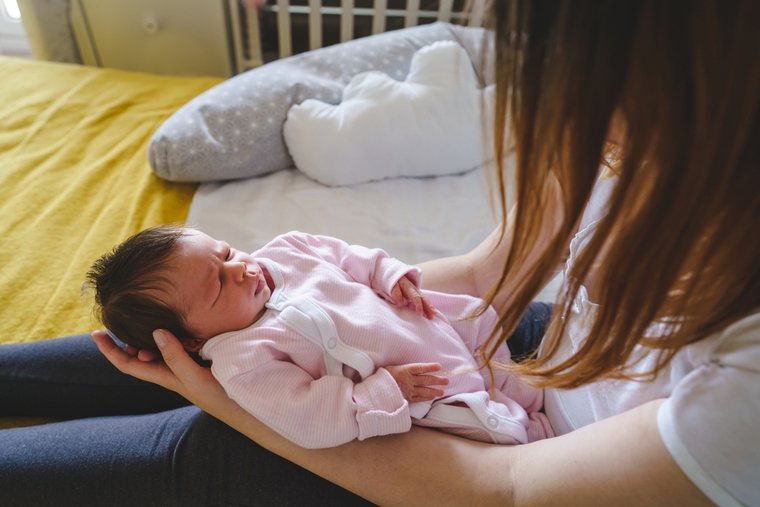Posted By: Amy Tubb
11th July 2025
2 minute read

A major new study led by King’s College London, Oxford University, and MMHA member Birth Companions has revealed that one in three women who died during or in the year after pregnancy in the UK were known to Children’s Social Care. This is a significantly higher proportion than previously reported and raises serious concerns about the support provided to women with complex needs during the perinatal period.
Published in BMJ Medicine, the study analysed data from 1,695 maternal deaths between 2014 and 2022. Of these, 420 women had involvement with Children’s Social Care. The research found that most of these women died between six weeks and one year after giving birth, with causes including suicide (20%), other psychiatric causes such as drug-related deaths (30%), and homicide (5%). Women known to social care were more likely to die from mental health-related causes and homicide compared to those without social care involvement.
The study paints a stark picture of the challenges faced by these women. A large proportion had experienced domestic abuse (65%) or childhood abuse (33%), and many were dealing with pre-existing physical health conditions (75%), mental illness (75%), substance use (55%), and smoking during pregnancy (73%).
Through confidential reviews of 47 cases, the researchers identified a lack of coordinated, compassionate care. In many instances, women faced overwhelming numbers of appointments, sometimes more than 30 during pregnancy, with services failing to work together. Safeguarding efforts often focused solely on the baby, neglecting the mother’s own safety and wellbeing.
What the analysis tells us is that these women come from backgrounds of trauma and abuse, and yet despite their efforts to keep up with demanding appointment schedules, they often face scrutiny and judgment rather than receiving support for the issues they are facing.
Kaat De Backer, First author, King’s College London
The report calls for urgent changes to policy and practice, including clear national guidance and a coordinated care pathway for women with social care involvement. In response, MMHA member Birth Companions has announced the development of a co-designed national care pathway to ensure consistent and compassionate support.
Read more about the researchThe Maternal Mental Health Alliance (MMHA) welcomes this important study, which further underlines that current systems are not setup for those most in need of support.
Mental health care during pregnancy and after birth is crucial but, as our own research shows, support is too often lacking. Maternal Mental Health Services (MMHS) were created in England specifically to support women who have experienced trauma, loss, or separation in the perinatal period. Yet, as of our recent report, only 11 out of 41 areas are offering a loss of custody pathway. This is despite the known risk of serious maternal mental illness and suicide for those affected.
The findings also resonate strongly with the MMHA’s Listening Project with Her Circle, where we heard from women with lived experience of addiction and child removal. They highlighted the same themes of fragmented care, stigma, and being overlooked in safeguarding processes.
We fully support the creation of a coordinated national care pathway. This should include Specialist Perinatal Mental Health Services and MMHS as essential components, ensuring mothers receive joined-up, trauma-informed support that prioritises both their needs and their babies’.
Training across services must also improve so that professionals can recognise and respond to the effects of trauma, provide empathetic care, and break cycles of harm. This research adds to growing evidence that meaningful system change is needed and that it must centre the voices and needs of women.